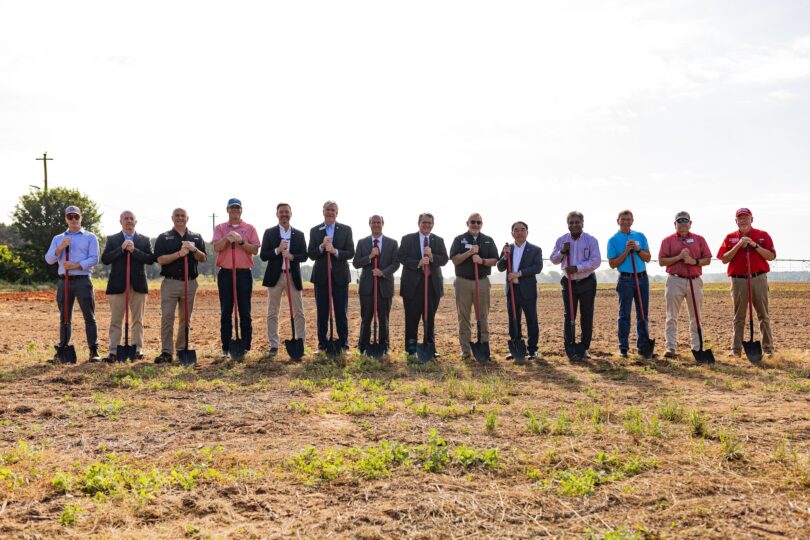By Brad Haire
University of Georgia
The damage from Hurricanes Frances and Ivan was worse for some crops than others and worse in some places than others, say University of Georgia experts.
Pecan production in Georgia was hurt by both storms. About 25 to 30 percent of the pecan crop has been lost around Dougherty County, where much of the state's pecan crop is grown, said Lenny Wells, a UGA Extension Service agent in Dougherty County.
The pecan crop was reported to be hurt in Lowndes, Lanier and Berrien counties, too. Most of the damage was from downed trees and limbs and nuts blown from trees.
And the damage may be felt for years to come, Wells said. Young trees that were blown down can be propped back up. But they can have problems getting back into a production rhythm. Mature trees that were uprooted probably can't be saved.
"It will take four to six years for replacement trees to bear again," Wells said, "and 15 years or so to make it back to full production."
Georgia's pecan harvest will begin in late October and run through December.
About 20 percent of Georgia's cotton crop has been lost to the storms' excessive rains and winds, said Steve Brown, a UGA Extension cotton agronomist.
Western counties were hit harder by Ivan's winds and rains. "Their losses may have been higher," Brown said.
Georgia's most widely planted cotton variety hasn't been very stormproof. "It readily falls out once it has opened and subjected to rain and wind," he said.
Cotton picked before the storms was of good to excellent quality, he said. But the harvest is just beginning. There's still a lot of cotton left to pick.
"The bright sunshine of the past several days has been a real positive to Georgia cotton," Brown said.
Peanut farmers are taking advantage of the drier weather, too. Frances and Ivan didn't cause too much trouble for the state's peanut farmers. The rain from Frances actually did more good than harm.
But the wet, humid weather between the two storms delayed harvest and increased disease pressure in fields, said John Beasley, a peanut agronomist with the UGA Extension Service.
"We had several days of rainy, overcast weather that didn't allow us to dry out any and maybe even harvest some between the two systems," Beasley said.
Georgia's vegetable crop wasn't widely damaged. "But there was some locally heavy damage in individual cases," said UGA Extension horticulturist Terry Kelly.
The moisture and cloudy days of September so far have caused pollination problems for some vegetables. It's also made it tough for farmers to apply needed pesticides.
"It has made disease more likely," Kelley said. "It generally causes a decrease in growth and development of the plants."
On Thursday, forecasters weren't sure where or if Hurricane Jeanne would hit the southeastern U.S. coast. Nov. 30 is generally considered the end of hurricane season.






